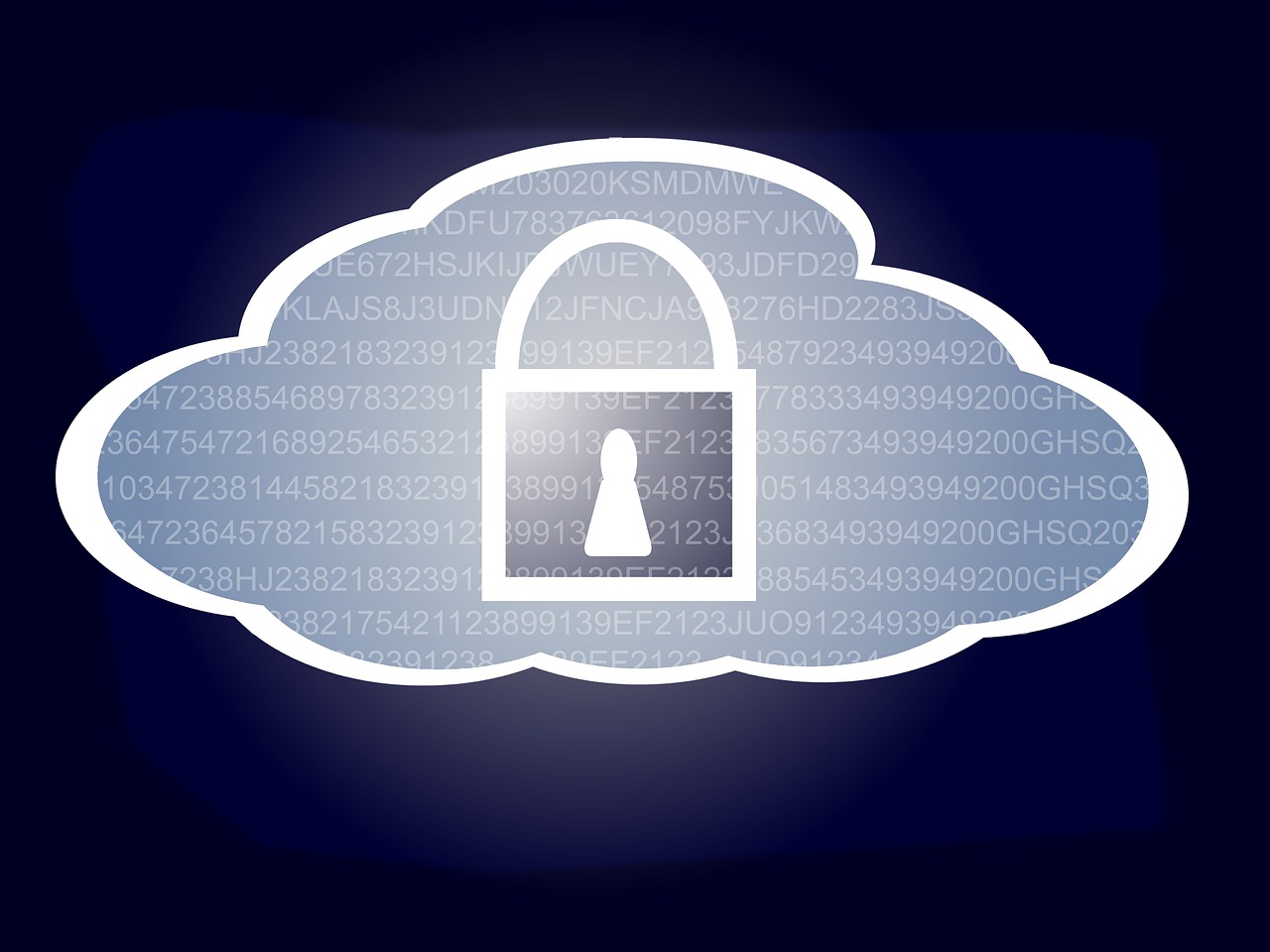FhG, XLAB, CNR , NIXU and TECNALIA have prepared a joint whitepaper entitled ‘Continuous Life-Cycle Management of Cloud Security Certifications’.
Cloud computing has witnessed rapid growth in adoption over the last decade, with prominent public cloud vendors like Amazon Web Services, Microsoft Azure, and Google Cloud offering enticing benefits such as cost savings, efficiency, and reduced security responsibilities. However, despite these advantages, cloud adoption remains constrained by the essential factor of trust. To fully leverage cloud services, users must trust cloud providers with the security and confidentiality of their sensitive data. In response to this challenge, cloud security standards have been introduced. These certifications aim to assure users that cloud providers adhere to robust security standards. However, managing these certifications becomes a complex task due to the dynamic nature of cloud systems, necessitating continuous and automated assessment. This whitepaper explores the challenge of managing cloud security certifications automatically and the complexities involved in deciding certification statuses through automation.
This whitepaper focuses on the final parts of the MEDINA pipeline, i.e., the components that aggregate and evaluate assessment results, aggregate decisive data and translate them into a certificate status, and which publish and secure the certificate. We provide a comprehensive description of how MEDINA addresses the challenge of continuously and (semi-)automatically managing certificates and their life cycle. To this end, we first describe the MEDINA framework as a whole and then we go into the details of the components that are responsible – directly or indirectly – for the continuous management of certificates.
Also, the whitepaper covers a detailed discussion on the benefits and limitations that a continuous, automated life cycle management of cloud security certifications implies, for example regarding the standardization of life cycle management and the false positive results it can produce. We approach this discussion from the auditor’s perspective as well as from the CSP’s perspective.
In summary, the automated, continuous life cycle management of certificates, e.g., based on the EUCS, holds great potentials as it enables a standardized, transparent management process which also allows auditors to create new business models. At the same time, it involves risks as it is difficult to create an automated process that is reliable, secure, and precise.
See whitepaper: Download


0 Comments